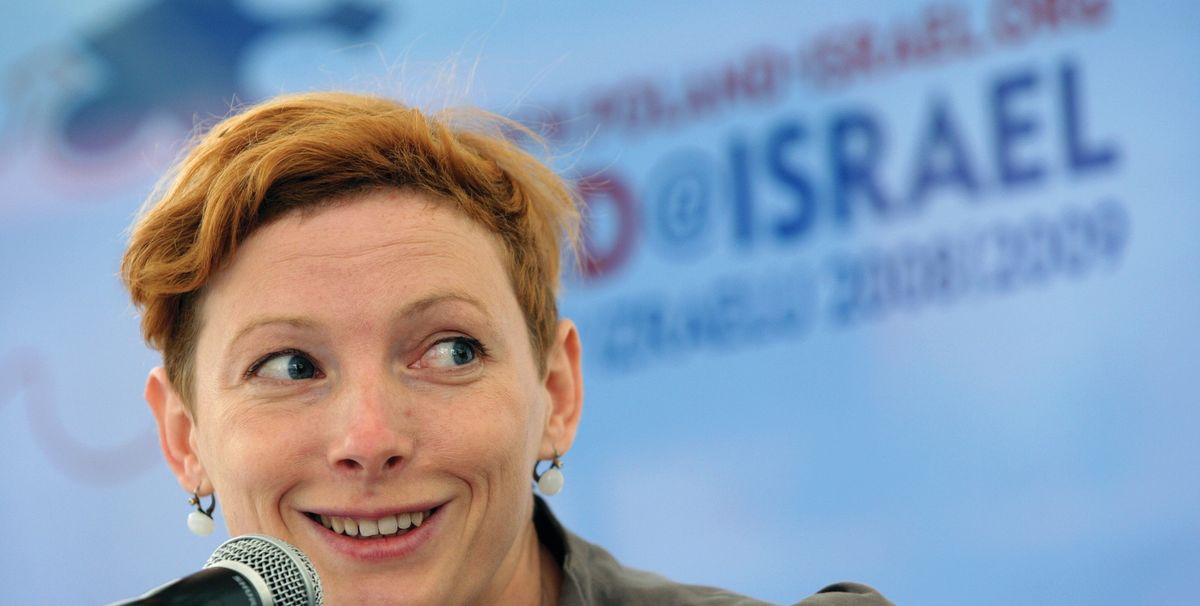Poland has carried out a sweeping reorganisation of its overseas branches of cultural institutes, dismissing the directors in Berlin, New York, Stockholm, New Delhi and Vienna. Critics say that the country’s right-wing government, which came to power in 2015, is starting to impose its political views on the arts.
The director of the Polish Cultural Institute in Berlin, Katarzyna Wielga-Skolimowska, was fired in December, apparently for “devoting too much attention to Jewish issues”, according to reports in the German press. In a sign of support, the Jewish Museum in Berlin wrote an open letter to the Polish ambassador to Germany, Andrzej Przylebski, expressing “shock and irritation” at the dismissal, stating that there was no “better advocate for Polish affairs” than Wielga-Skolimowska. The letter was signed by leading cultural figures including the director of the Berlinische Galerie, Thomas Köhler.
Damning note The allegations, which the Polish foreign office has denied, stemmed from a recent note to the Polish Cultural Institute in Berlin, written by Przylebski, in which he gave his opinion on its forthcoming programme. The organisation should not “exaggerate” the importance of “Polish-Jewish dialogue as the main example of intercultural dialogue practised in Poland”, the ambassador wrote. Instead, he suggested, the institute should focus on “Polish-Ukrainian or Polish-Lithuanian dialogue, for reasons I do not need to say here”.
Przylebski told The Art Newspaper that his letter, which he describes as “positive”, has been “misused by some journalists to show that I am responsible for [Wielga-Skolimowska’s] dismissal, which is not true. It is a clear case of manipulation.”
According to the Polish newspaper Gazeta Wyborcza, the firings—seven since the summer, plus two voluntary resignations—came after an annual report by the Polish Foreign Office rated 13 of the 24 institutes negatively, recommending that their directors be replaced.
In Vienna, the Austrian branch of Reporters Without Borders believes that the Polish foreign office has created a blacklist of people with whom the cultural institutes are no longer allowed to work. It cites the fact that the Polish government instructed the Polish Cultural Institute in Vienna to cut ties with the writer Martin Pollack after he wrote critical articles in the Austrian and Polish press.
Rewriting Polish history Poland’s right-wing Law and Justice party has been trying to refashion Poland’s history by highlighting the country’s heroic chapters while downplaying its darker ones. In August, parliament approved a bill that mandates a three-year prison sentence for the crime of describing Nazi concentration camps in occupied Poland as “Polish death camps”.
The battle over Poland’s past is also evident in the row over the planned Museum of the Second World War in Gdansk. The museum, which has been in the making since 2008 and has prominent historians Norman Davies and Timothy Snyder on its advisory board, has been described by Polish officials as failing to express “the Polish point of view”. The museum’s opening, scheduled for this month, is likely to be delayed as arguments about how Poland’s history should be told continue.


